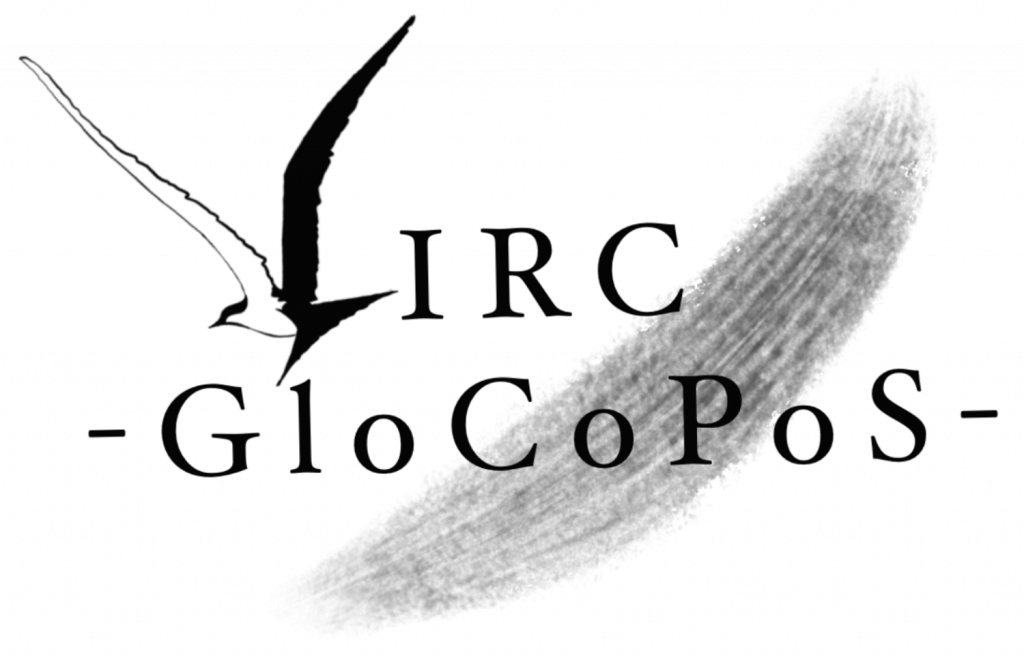Aknowledging the complexity of local–global interconnections, the author argues for the adoption of a global polity perspective in adult education, here applied to study mobilisation processes that occur through UNESCO. The findings point to three processes that cross geopolitical borders and professional interests: ‘landmarking’, by which a shared sense of a common past is created; ‘brokering’, which helps shape a common future direction; and ‘framing’, which is used to convert ideational landscapes into material government-led actions. The theoretical perspectives and analytical insights presented could be used in analogous studies in other areas of education or with a focus on different political actors.

